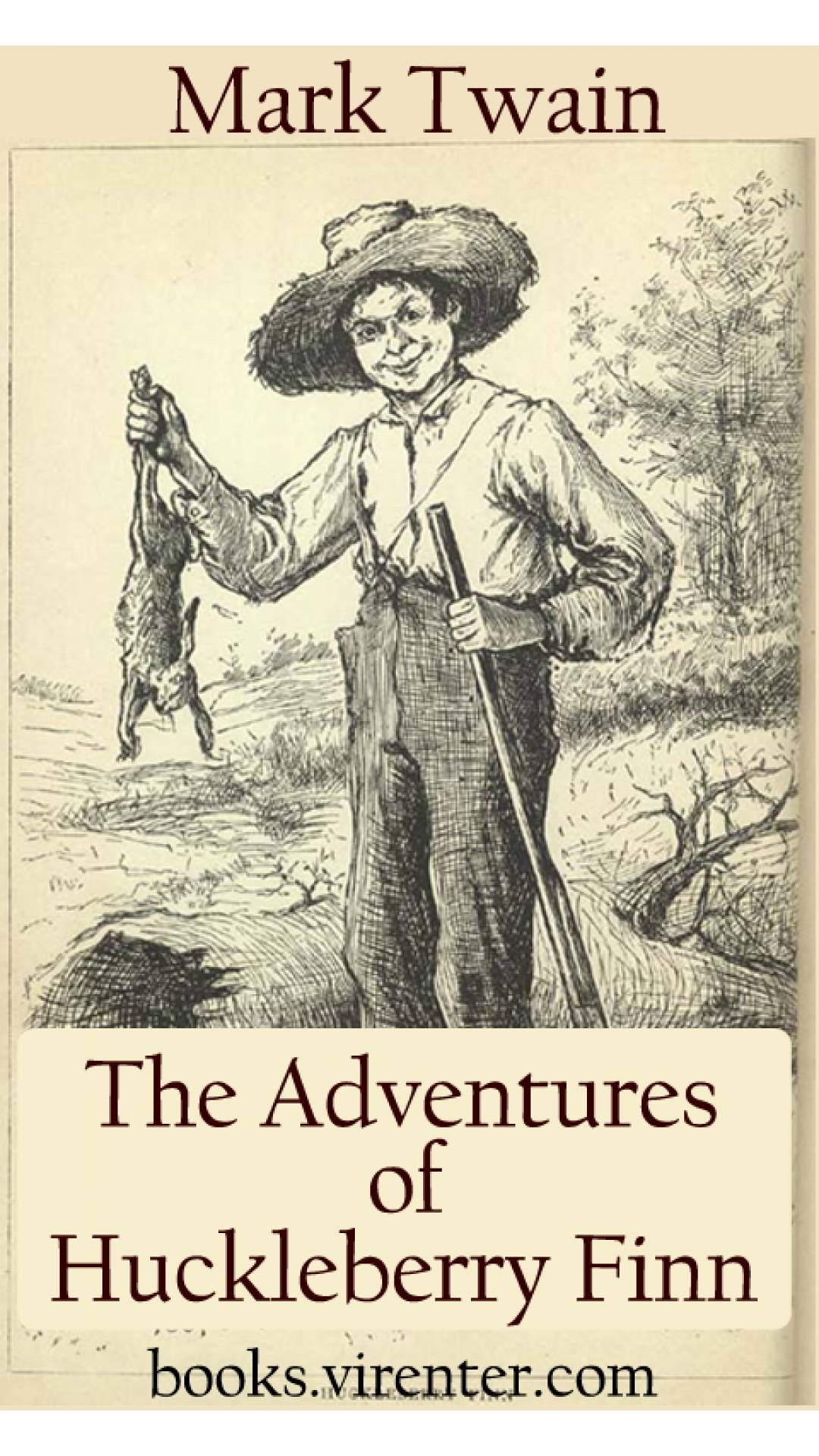Download free book'The Adventures of Huckleberry Finn'
Mark Twain
The Adventures of Huckleberry Finn
Series: The Greatest World Books
Commonly named among the Great American Novels, the work is among the first in major American literature to be written in the vernacular, characterized by local color regionalism.
This novel follows the escapades of Huck Finn, a rebellious young boy who escapes from civilization and sets off on an adventure with Jim, an escaped slave. Together, they navigate treacherous waters, face moral dilemmas, and challenge the societal norms of the 19th century. Twain masterfully blends humor, satire, and social commentary, making this novel a thought-provoking yet entertaining read.

The Adventures of Huckleberry Finn by Mark Twain is widely regarded as one of the greatest American novels. Published in 1885, the book is a sequel to The Adventures of Tom Sawyer and continues the story of Huckleberry Finn as he embarks on a journey of self-discovery and moral awakening. This novel is not just a thrilling adventure but also a profound critique of society, addressing themes such as racism, freedom, and friendship. The novel follows Huckleberry “Huck” Finn, a free-spirited boy who escapes from his abusive father and fakes his own death. While on the run, he meets Jim, a runaway slave seeking freedom. Together, they journey down the Mississippi River, encountering a variety of colorful characters and facing numerous challenges. Throughout their adventure, Huck struggles with the moral dilemmas of helping Jim escape in a society that deems slavery acceptable. His evolving sense of right and wrong forms the heart of the novel’s narrative. One of the novel’s most significant themes is the idea of freedom—both physical and moral. Huck desires freedom from the constraints of society, while Jim seeks literal freedom from slavery. The Mississippi River serves as a powerful symbol of this quest, representing both hope and uncertainty. Twain also uses satire to critique the hypocrisy and prejudices of 19th-century American society, particularly regarding race and class. Mark Twain’s masterful use of dialect and regional speech adds authenticity to the story, making it a groundbreaking work in American literature. The novel’s use of vernacular language and first-person narrative immerses readers in Huck’s perspective, creating a vivid and engaging reading experience. Despite controversies surrounding its depiction of race and language, The Adventures of Huckleberry Finn remains a crucial work in discussions about American history and literature. This novel is not only an entertaining adventure but also a deep exploration of moral integrity and societal flaws. It challenges readers to question norms and think critically about issues that remain relevant today. Whether you’re a student, literature enthusiast, or someone looking for a compelling story, The Adventures of Huckleberry Finn is a must-read. With its unforgettable characters, rich themes, and incisive social commentary, The Adventures of Huckleberry Finn continues to stand the test of time. If you haven’t read it yet, now is the perfect time to embark on Huck and Jim’s journey and experience one of the most influential novels in American history.The Adventures of Huckleberry Finn – A Timeless American Classic
Introduction
Plot Overview
Themes and Symbolism
Literary Significance
Why You Should Read It
Conclusion